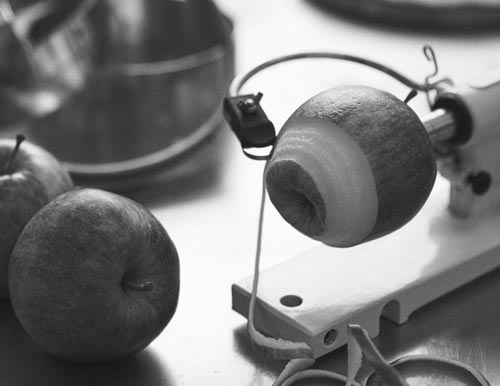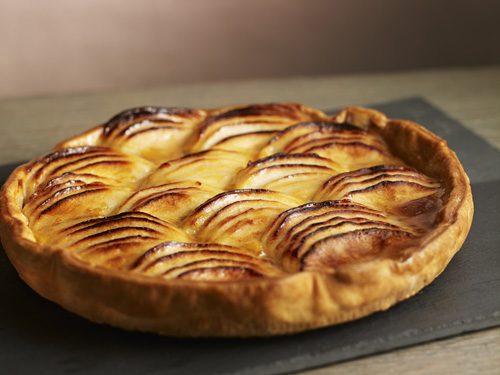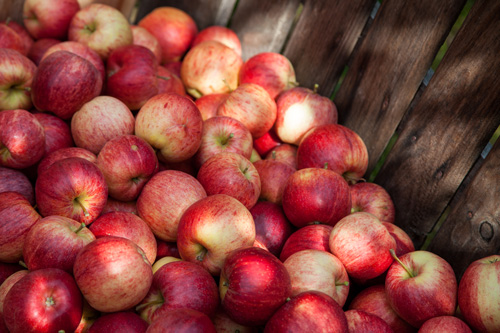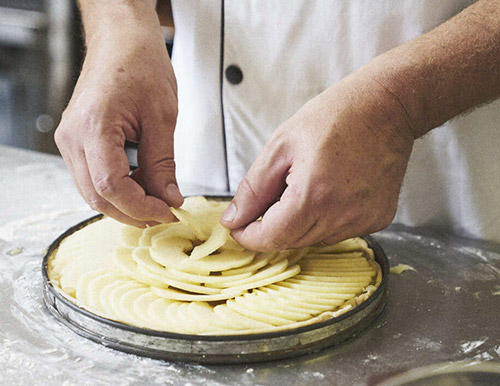
We love locavores and tell you why!
Locavore or locavorism, what is it?
A few years ago, a new kind of consumer appeared in France: “locavores”. These are people who consume only locally produced food. Excellent news for “Made in France” producers. Specifically, “locavores” consume products that have been planted within a radius of 100 to 250 km from their households. But be careful not to confuse them with organic consumers! Even though many of them turn to organic labeled products, “locavores” focus on contact with producers whose history and reality of farming practices they know. Organic or not, depending on the choice of each and everyone.
The first locavorism experience in France dates back to 2008. Stéphane Noui, a resident of Castelnaudary, only used products from a radius of 150 km from his home. He claims to be the first locavore in France. Today, according to an Opinion Way survey, 61% of French people are willing to spend more on a product if it is grown/made locally. This is a very promising figure for the future of this movement in France. The development of short channel is also an excellent opportunity for the locavorism development. How? Downtown markets, halls and direct-sell stores are places where local producers sell their fresh produce directly to residents. Overshadowed by hypermarkets for decades, these proximity places favor local economy and strengthen social bonds.
Many wonder about the food constraints reality of locavores. Do they eat meat? Do they have special diets? What is forbidden? These questions are legitimate when we do not know the movement of locavorism. However, there is only one rule: eat only locally produced foods, milk, vegetables, eggs, fruits, meat, etc. whether they are organic or not. Locavorism is less a food approach than an active support for the development of local activity. By consuming local products, locavores allow producers to earn more and live off their trade. The movement also allows consumers to enjoy more and more fresh produce. Everyone here finds satisfaction! Even the climate wins: locavores fight against monoculture, plebiscite short circuits and advocate the diversity of the landscape. What else?

-
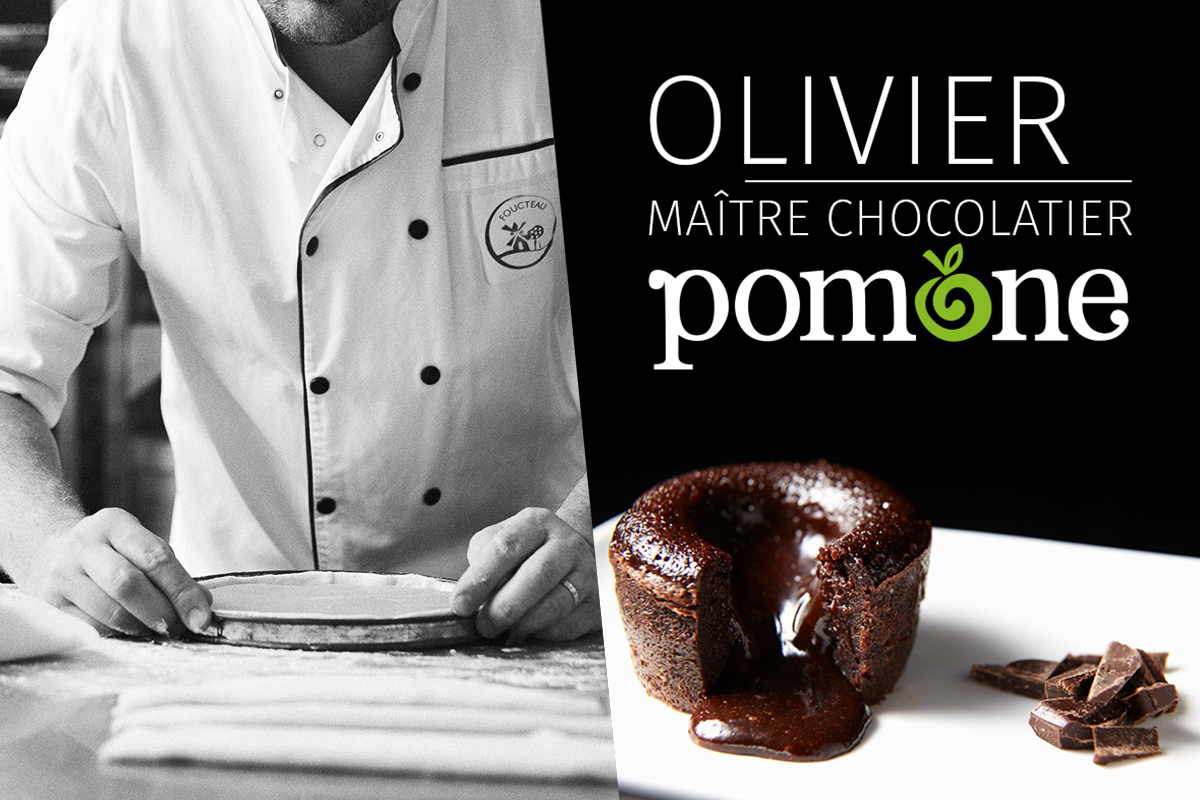
Olivier, Maître Chocolatier, 20 years of passion along with Pomone.
Pâtisserie is a complex and highly technical discipline - no space for amateurs! Since the 2000s, Olivier brings his...
> Learn more -
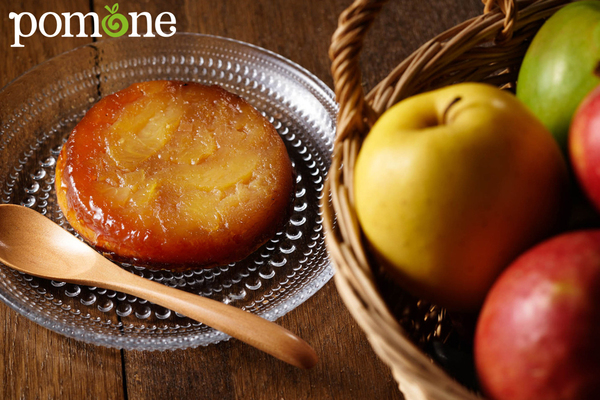
Pomone desserts adventure started with the tarte tatin.
The first traditional pastry workshop was built in 1992, in the middle of the orchards in Champigné.
> Learn more -
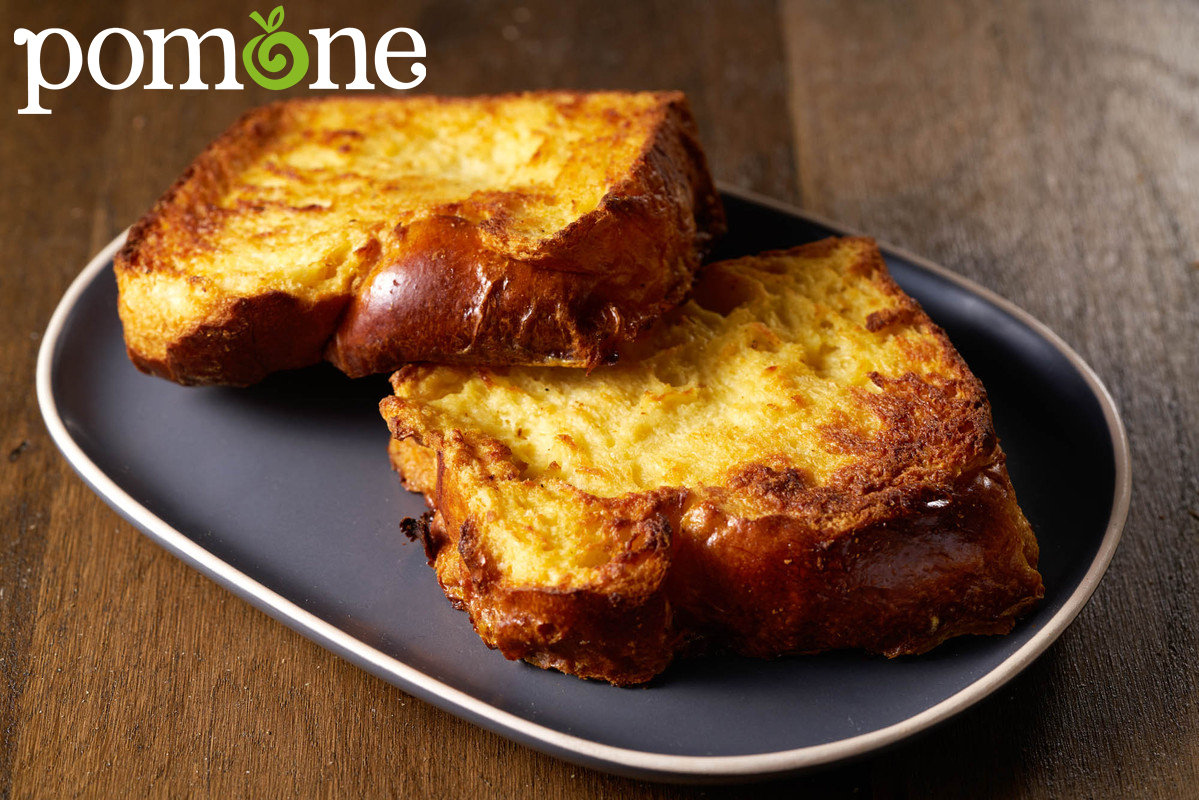
These treats that make the difference !
Baked and peeled apples, French toast (pain perdu)… we all have food that reminds us of our childhood! Our...
> Learn more

